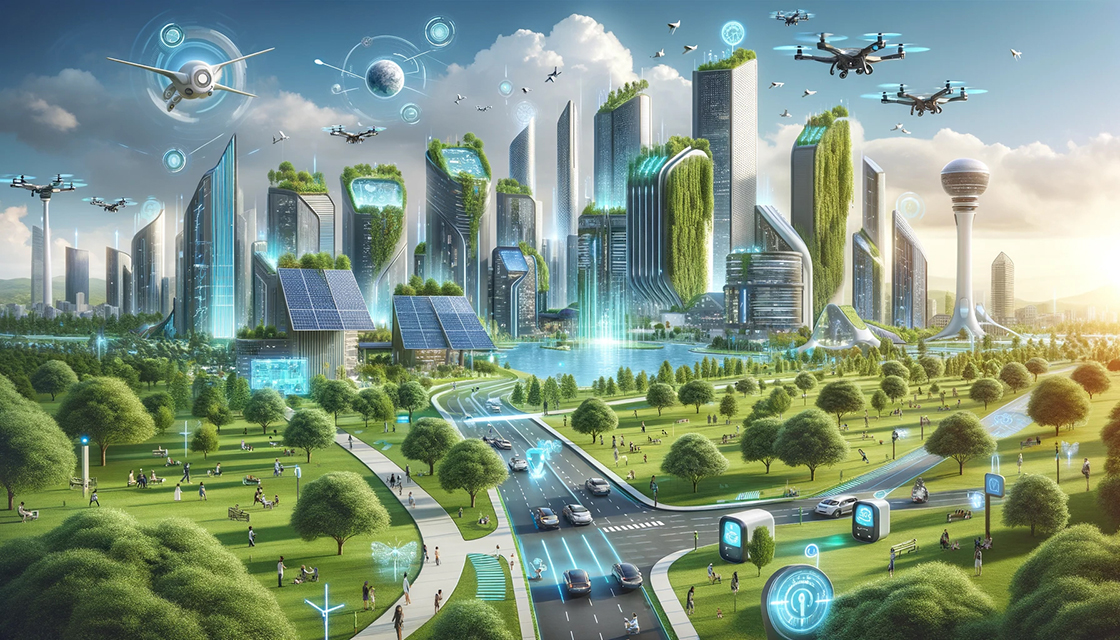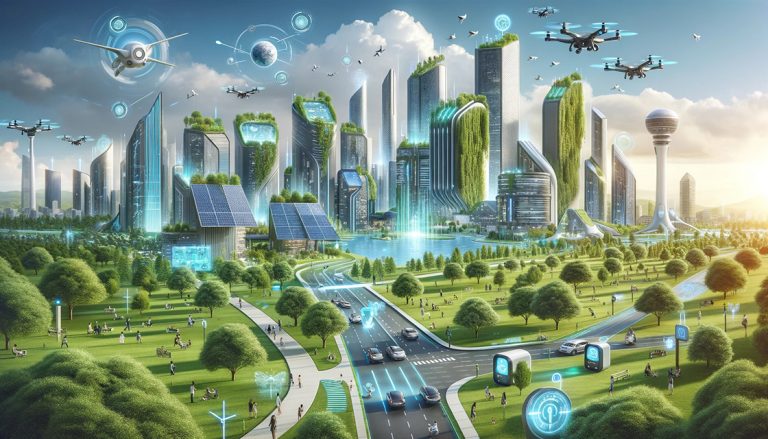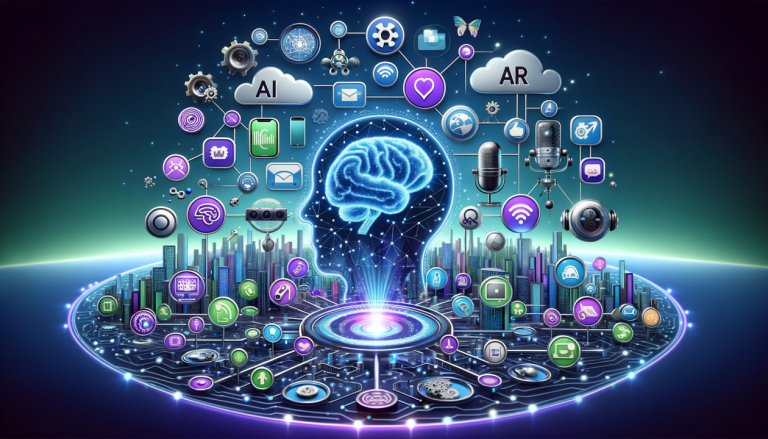In the realm of technology, discovery is the catalyst for progress, propelling us towards a future filled with innovation and possibility. From groundbreaking advancements in quantum computing to pioneering discoveries in biotechnology, the world of tech is teeming with exciting revelations that promise to reshape our lives and redefine what’s possible. In this article, we’ll dive into some of the most recent and remarkable technological discoveries that are capturing the imagination of scientists, engineers, and tech enthusiasts alike.
Quantum Computing: Entering the Quantum Era
In a milestone moment for the field of quantum computing, researchers have achieved quantum supremacy, a feat that has long been anticipated and heralded as a turning point in the history of computing. Google’s Sycamore processor demonstrated the ability to perform calculations that would take even the most powerful classical supercomputers thousands of years to complete, marking a significant leap forward in computational power. This breakthrough opens up new frontiers in fields such as cryptography, materials science, and drug discovery, paving the way for a future where quantum computers will tackle some of humanity’s most complex challenges.
Biotechnological Breakthroughs: Engineering Life at the Molecular Level
Advancements in biotechnology are unlocking the potential of living organisms to address a wide range of challenges, from curing diseases to producing sustainable fuels. In recent years, researchers have made significant strides in areas such as gene editing, synthetic biology, and regenerative medicine, revolutionizing how we approach healthcare, agriculture, and environmental conservation. From CRISPR-based gene therapies and lab-grown organs to bio-based materials and biodegradable plastics, biotechnological discoveries are reshaping industries and offering innovative solutions to some of humanity’s most pressing problems.
Space Exploration: Unveiling the Mysteries of the Cosmos
Space exploration continues to captivate our imagination, driving us to push the boundaries of what’s possible and explore the mysteries of the cosmos. In recent years, discoveries such as the detection of gravitational waves and the confirmation of exoplanets in distant solar systems have expanded our understanding of the universe and challenged our perceptions of our place within it. With ambitious missions to Mars, the Moon, and beyond, as well as advancements in space technology such as reusable rockets and satellite constellations, we’re entering a new era of space exploration that promises to unlock new discoveries and inspire future generations of explorers.
Artificial Intelligence: Unlocking the Power of Data
Artificial intelligence (AI) continues to revolutionize how we interact with technology and process vast amounts of data, leading to groundbreaking discoveries and innovations across various fields. From predictive analytics and natural language processing to computer vision and autonomous systems, AI-powered technologies are transforming industries and driving new levels of efficiency and productivity. Recent breakthroughs in AI research, such as GPT-3’s language generation capabilities and AlphaFold’s protein folding predictions, are pushing the boundaries of what’s possible and opening up new opportunities for discovery and exploration.
In conclusion, the latest technological discoveries showcased in this article represent the culmination of years of research, collaboration, and ingenuity. From quantum computing and biotechnological breakthroughs to space exploration and artificial intelligence, these discoveries offer a glimpse into a future filled with promise and potential. As we continue to push the boundaries of what’s possible, fueled by curiosity and a relentless pursuit of knowledge, we embark on a journey towards a world where technology enriches lives, expands horizons, and unlocks the mysteries of the universe.














+ There are no comments
Add yours